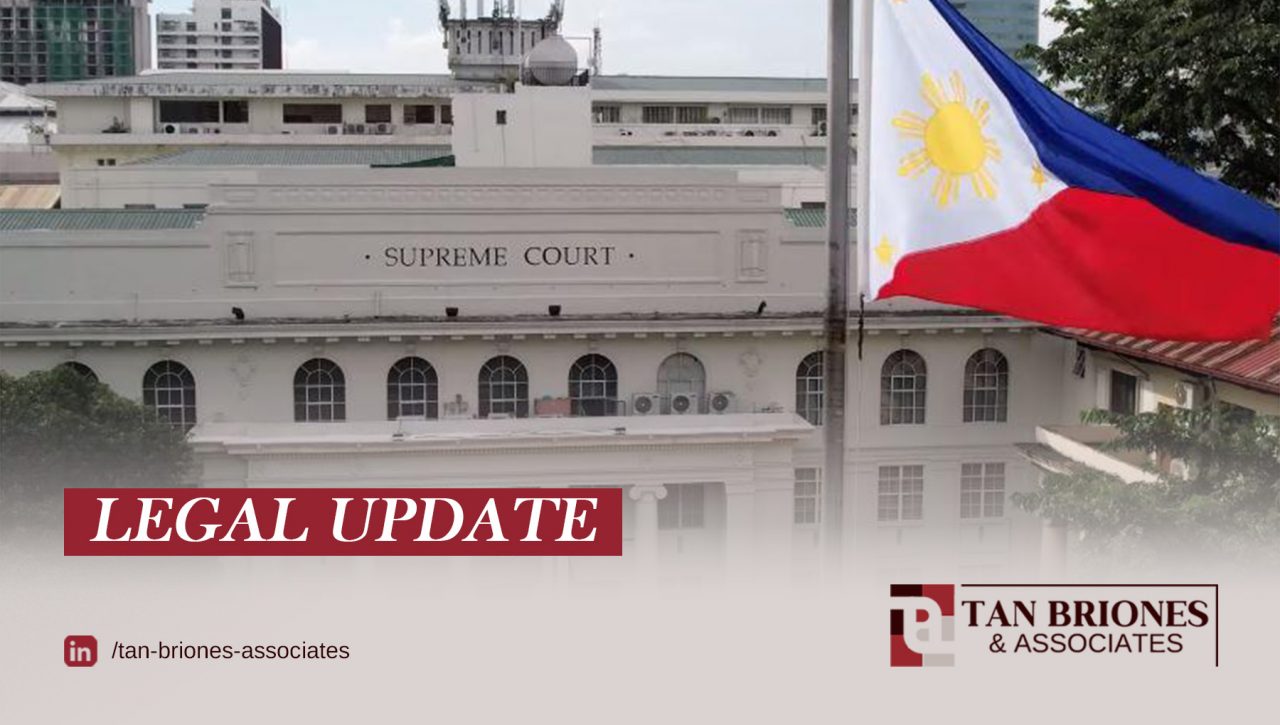
The Supreme Court (SC) has amended Rule 140 of the Rules of Court to classify habitual tardiness as either a light or less serious offense, ensuring sanctions are proportionate to their actual impact on judicial operations.
In a decision penned by SC Associate Justice Alfredo Benjamin S. Caguioa, the Court En Banc approved revisions that place “ordinary habitual tardiness not causing prejudice to the operations of the office” under light charges.
At the same time, the provision on “habitual absenteeism and/or tardiness” was redefined to cover only habitual tardiness that disrupts office functions and habitual absenteeism.
Previously, habitual tardiness was automatically treated as a less serious charge, carrying heavy penalties such as lengthy suspensions without pay or steep fines, regardless of whether the lateness caused actual disruption.
This practice came under scrutiny in Office of the Court Administrator v. Villavicencio-Olan (2024), where the Court noted that the loss of benefits and other sanctions disproportionately affected personnel with lower salary grades.
Under the amended rule, penalties for light charges include a fine of ₱1,000 to ₱35,000, censure (a stern expression of blame), or reprimand (a strong formal warning).
The Court clarified that if the sanction is limited to censure or reprimand, an employee remains entitled to receive benefits, consistent with its ruling in Villavicencio-Olan.
By distinguishing between ordinary and prejudicial tardiness, the Court said it seeks to ensure “that disciplinary actions are based on the actual circumstances and impact of each case.”
However, it stressed that the change “does not imply leniency for tardiness” but instead ensures that penalties match the severity of the offense while maintaining discipline in the judiciary.
The amendments are contained in A.M. No. P-24-192 (Formerly JIB FPI No. 23-339-P), promulgated on May 20, 2025.
Follow Tan Briones & Associates on LinkedIn for more legal updates and law-related articles.







